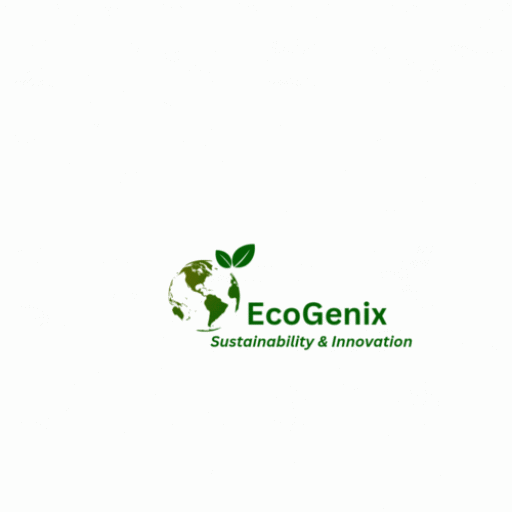Introduction
In the face of climate change and environmental degradation, businesses worldwide are recognizing the urgency of adopting sustainable practices. Sustainable business practices are not just a trend; they are a necessity for companies aiming to thrive in the long run while contributing positively to the environment. This article delves into the importance of sustainable business practices, their key components, and the benefits they offer to both businesses and the planet.
The Essence of Sustainable Business Practices
**1. ** Environmental Responsibility:
Sustainable businesses actively reduce their ecological footprint by conserving resources, minimizing waste, and embracing renewable energy sources. They prioritize eco-friendly technologies and production methods, aiming to reduce greenhouse gas emissions and mitigate climate change effects.
2. Social Impact:
Beyond environmental concerns, sustainable businesses prioritize social responsibility. They invest in fair labor practices, ensure worker well-being, and contribute to local communities. Ethical supply chain management and fostering diversity and inclusion are also integral parts of their ethos.
3. Economic Viability:
Sustainable practices can enhance a company’s economic resilience. By optimizing resource use and minimizing waste, businesses can reduce costs. Moreover, as consumers become increasingly eco-conscious, sustainable products and services often enjoy higher demand, fostering profitability.
Key Components of Sustainable Business Practices
**1. ** Green Supply Chain:
Businesses are adopting eco-friendly supply chain strategies, ensuring that every stage of production, from raw materials to delivery, is environmentally responsible. This involves choosing suppliers with sustainable practices, reducing transportation emissions, and optimizing packaging.
2. Energy Efficiency:
Companies are investing in energy-efficient technologies, reducing their dependence on fossil fuels. This includes incorporating solar and wind energy, implementing energy-efficient appliances, and adopting intelligent building designs that utilize natural light and ventilation.
3. Waste Reduction:
Sustainable businesses implement waste reduction techniques, such as recycling, composting, and reusing materials. They also minimize single-use plastics and encourage customers to return products for recycling, fostering a circular economy.
4. Innovation and Research:
Innovation is at the heart of sustainable practices. Businesses invest in research and development to create eco-friendly products, explore renewable energy alternatives, and develop sustainable packaging solutions. Embracing innovative technologies can lead to groundbreaking solutions for a greener future.
Benefits of Sustainable Business Practices
**1. ** Positive Brand Image:
Companies engaged in sustainable practices earn a positive reputation. Consumers are more likely to support businesses that demonstrate social and environmental responsibility, leading to increased brand loyalty and trust.
2. Regulatory Compliance:
Adhering to sustainable practices ensures compliance with environmental regulations and standards. This proactive approach protects businesses from fines and legal issues, fostering long-term stability.
3. Cost Savings:
Sustainable practices often result in cost savings by optimizing resource use, reducing waste disposal expenses, and lowering energy bills. These financial benefits contribute to a company’s overall profitability.
4. Long-term Viability:
Businesses that embrace sustainability are better equipped to navigate the future. By conserving resources and preserving the environment, they secure their access to essential raw materials and maintain their license to operate in the long term.
In conclusion, sustainable business practices are the cornerstone of a prosperous, resilient, and ethical future. By integrating environmental, social, and economic considerations into their operations, businesses can create a positive impact on the planet while ensuring their own longevity and success. Embracing sustainability is not just a choice; it’s a responsibility that every business must shoulder for a sustainable tomorrow
ARTICLE BY: WAYNE TOTA
Food Security and Climate Change
waynetota9@gmail.com
0601133196239
Visit for more articles:
https://sites.google.com/view/foodsecure-sustain-agriclimate/home.
